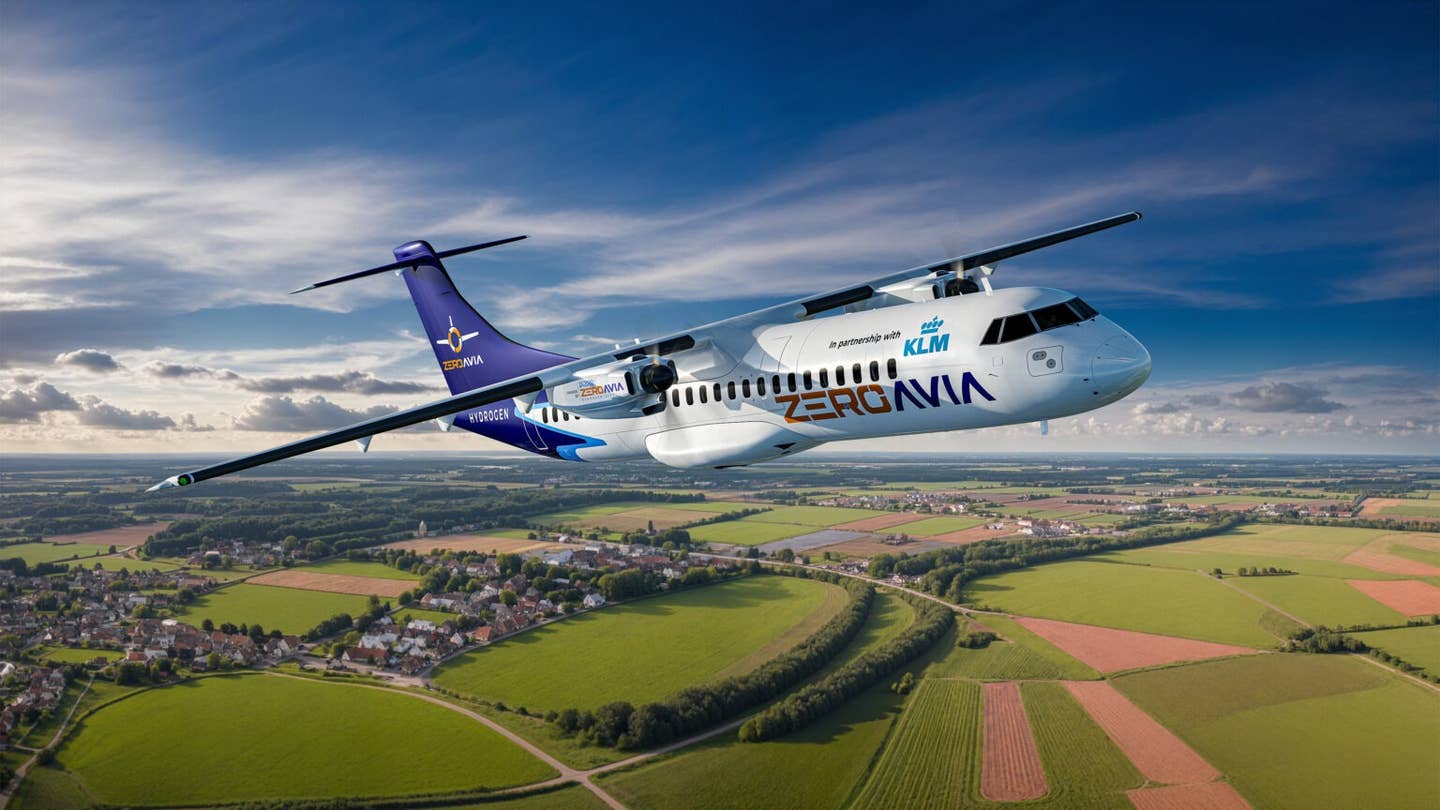Boeing Becomes Sole Owner of Air Taxi Manufacturer Wisk Aero
Facing slowdown in 737 Max deliveries, aviation giant takes full ownership of eVTOL developer.

Wisk’s Generation 6 air taxi prototype was unveiled in October. [Courtesy: Wisk Aero]
As it contends with a slowdown in 737 Max deliveries at present, Boeing also has its eye on the future.
According to reports this week, the aerospace powerhouse is now the sole owner of Wisk Aero, the self-flying air taxi manufacturer it has been backing since 2019, alongside Google co-founder Larry Page’s Kitty Hawk Corp. Kitty Hawk ceased operations last year but continued to invest in the electric vertical takeoff and landing (eVTOL) aircraft developer.
Now, Boeing has reportedly acquired Kitty Hawk’s shares in Wisk, making it a wholly owned subsidiary, though Wisk CEO Brian Yutko said the air taxi enterprise will retain its independence. Yutko did not disclose the terms of the agreement.
Formed in 2019 out of a joint venture between Boeing and Kitty Hawk, Wisk is essentially the continuation of Page’s Zee.Aero, which merged with Kitty Hawk in 2017 and was later rebranded to Cora. Once combined with Boeing, Cora was rebranded and spun off as Wisk, which has continued to develop the Cora air taxi under the Wisk brand.
Since then, Boeing has provided Wisk with heaps of technological and industry expertise—and financial backing. In January 2022, it invested $450 million into the air taxi developer, making it one of the most well-capitalized firms in the business.
The funding will help Wisk develop its four-seat Generation 6 air taxi prototype, unveiled in October, which is designed to obtain FAA type certification. The company attests that the eVTOL will have a 36-foot wingspan, a range of about 90 sm, with reserves, and a cruise speed of about 120 knots. It features 12 tilt-rotor propellers mounted ahead of the wings.
In January, Boeing reaffirmed its commitment to Wisk, appointing Yutko—who has fulfilled multiple leadership roles for the aviation giant—as chief executive.
Given Kitty Hawk’s unraveling and Boeing’s tight relationship with Wisk, which Yutko described as “hand in hand,” the industry titan’s move shouldn’t come as a big surprise. What’s interesting, though, is that Wisk has not yet pursued the special purpose acquisition company (SPAC) route that rivals Archer and Joby Aviation did when they went public in 2021.
Also, unlike Archer and Joby, Wisk is taking its time on certification and commercialization. While its aforementioned rivals are targeting air taxi launches in 2025, the Boeing-backed firm has elected to move more deliberately.
So far, it’s opted not to provide a timeline for certification, a process that may take longer than others due to the firm’s choice to fly autonomously. As a result, Wisk expects to reach the market after many of its competitors. That will give firms such as Archer and Joby a runway to establish market share, but Yutko is bullish on the self-flying design’s prospects in the long run.
To date, Wisk has agreed to fly air taxis for urban air mobility operator Blade and is planning to launch services in Southern California, Australia, New Zealand, Japan, and elsewhere once it achieves certification for the Generation 6.
In September, Wisk and Boeing unveiled the first operational road map for those operations, explaining exactly how they will enable safe flight and suggesting potential rules and standards that might further that goal.
Still, Wisk’s self-flying eVTOL design will have more hurdles to jump through than its crewed counterparts. The FAA has yet to outline standardized certification requirements for air taxis—rather, it’s working with a handful of manufacturers (Archer and Joby included) to certify specific models. The approach seeks to ensure safer flight, but it could create delays for Wisk.
It’ll also be worth keeping an eye on parent company Boeing. The company in April said deliveries of the 737 Max—its best-selling aircraft—had slowed, and it delivered half as many aircraft as Airbus did during the month. While Boeing is still in a good position overall, any hiccups in its main business could impact Wisk more sharply moving forward.

Subscribe to Our Newsletter
Get the latest FLYING stories delivered directly to your inbox






